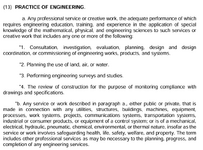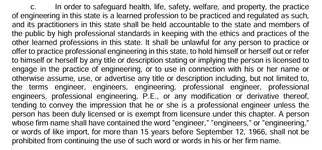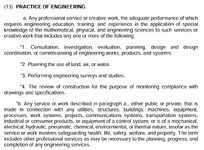BeamMeUpStudent
Student
- Mar 4, 2025
- 2
How many years of experience are you considered to be junior, intermediate and senior? Does having your designation make you an intermediate right away? Is junior engineer considered the same as EIT? Or do you become a junior engineer after getting your designation?



